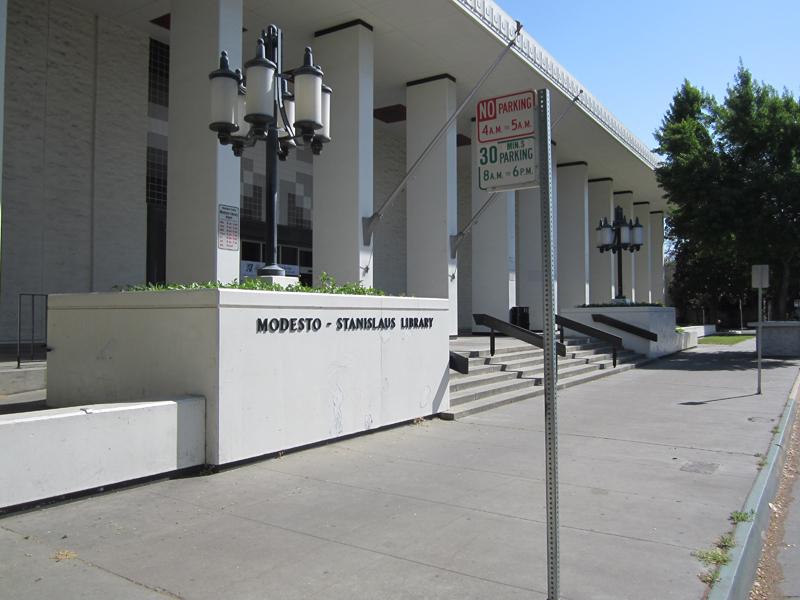In this post, I’m going to continue my tour of the various evidence privileges under New York law. In prior posts, I’ve gone over privileges such as the Clergy Privilege. In this post, I’m going to go over a less well-known privilege, and that’s the Library Records Privilege under section 4509 of New York’s Civil Practice Law and Rules (CPLR). In short, this privilege forbids the disclosure of any information tending to show what a person reads at a library, how they use the library, etc.
In case you’re wondering, California does have a similar privilege although it isn’t under the California Evidence like other evidence privileges, but rather it’s under the Government Code. For example, see Section 6267 of the California Government Code.
New York CPLR section 4509 provides as follows:
Library records, which contain names or other personally identifying details regarding the users of public, free association, school, college and university
libraries and library systems of this state, including but not limited to records related to the circulation of library materials, computer database searches, interlibrary loan transactions, reference queries, requests for photocopies of library materials, title reserve requests, or the use of audio-visual materials, films or records, shall be confidential and shall not be disclosed except that such records may be disclosed to the extent necessary for the proper operation of such library and shall be disclosed upon request or consent of the user or pursuant to subpoena, court order or where otherwise required by statute.
I’ve bolded and underlined several portions that are exceptions to the general rule that library records cannot be disclosed to anyone. First, the records can be disclosed to the extent needed to actually run the library itself. Second, the user to whom the records in questions pertain can request the records or consent to their disclosure. Third, the records can be disclosed pursuant to subpoena or court order or when otherwise required by another statute.
As always, I hope this post was helpful. It is not meant to be a comprehensive discussion of the Library Records Privilege. Please do your own research to verify that the authorities I mention above still apply because it is possible they might have changed in the time between when I wrote this post and the time you read it. If you have a situation where New York’s Library Records Privilege is important, I encourage you to find a lawyer in your area with whom you can discuss your case face-to-face. Lastly, as of the date of this post, I do not maintain a physical office in New York state. Therefore, under Section 470 of New York’s Judiciary Law, I do not take cases in New York. If you are in New York and need a referral, however, I am happy to make one if I can.
Andy Chen
Latest posts by Andy Chen (see all)
- Management of a California Limited Liability Company (LLC) - July 8, 2025
- Record-keeping for a California Limited Liability Company (LLC) - July 7, 2025
- Member Classes in a California Limited Liability Company (LLC) - July 6, 2025

